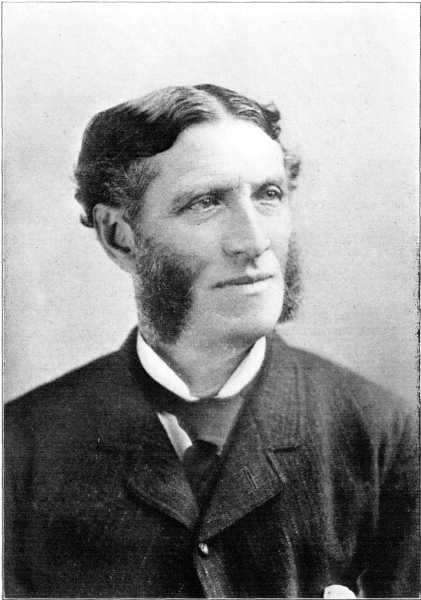Matthew Arnold słynne cytaty
„Bóg nie może być wszędzie, dlatego wynalazł matkę.”
Źródło: Leksykon złotych myśli, wyboru dokonał Krzysztof Nowak, Warszawa 1998.
[Poetry] a critisism of life under the conditions fixed for such a critisism by the laws of poetic truth and poetic beauty. (ang.)
Źródło: The Study of Poetry, 1880
Matthew Arnold: Cytaty po angielsku
"To a Friend" http://www.poetry-online.org/arnold_to_a_friend.htm (1849), line 1
The Functions of Criticism at the Present Time (1864)
"Shakespeare" (1849)
“Let the long contention cease!
Geese are swans, and swans are geese.”
St. 2
The Last Word (1867)
“How fair a lot to fill
Is left to each man still.”
"A Summer Night," Poems: Second Series, (1855), last stanza http://books.google.com/books?id=IzpcAAAAcAAJ&q=%22How+fair+a+lot+to+fill+Is+left+to+each+man+still%22&pg=PA210#v=onepage
Heinrich Heine, p. 144
Essays in Criticism (1865)
"To Marguerite, in Returning a Volume of the Letters of Ortis" (1852), stanza 1
“The men of culture are the true apostles of equality.”
Źródło: Culture and Anarchy (1869), Ch. I, Sweetness and Light
The Functions of Criticism at the Present Time (1864)
Heinrich Heine, p. 146
Essays in Criticism (1865)
“A beautiful and ineffectual angel, beating in the void his luminous wings in vain.”
On Percy Bysshe Shelley, Byron
Essays in Criticism, second series (1888)
Joseph Butler, Human Nature and Other Sermons, "Sermon VII" as quoted in Arnold's "St. Paul and Protestantism" (1870).
Misattributed
" Shakespeare http://classiclit.about.com/library/bl-etexts/marnold/bl-marn-shakes.htm" (1849, st. 1)
"Schools and Universities on the Continent" (1868)
